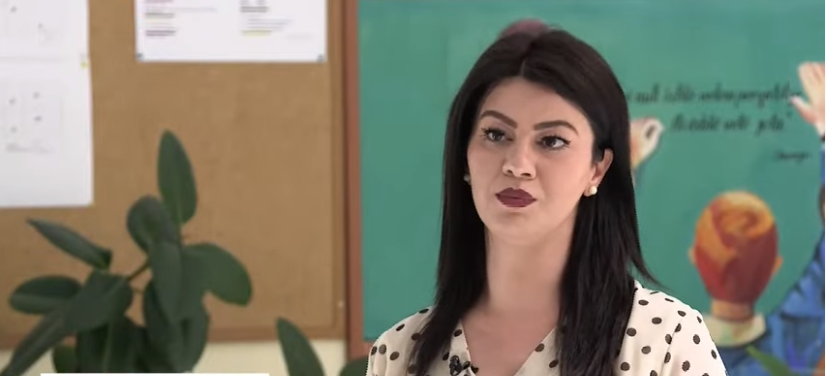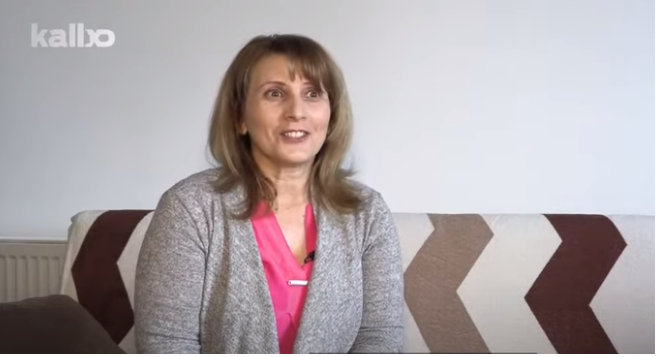

Distance learning during the COVID-19 pandemic has proved to be a challenge for communities across Kosovo, including for parents, teachers and students.
Ever since the first coronavirus cases were confirmed in Kosovo, teachers have been asked to make a great contribution to help manage the difficult situation. Occasionally in school but more often online, teachers have had to continue to provide education and try to ensure that students do not fall behind.
Speaking to BIRN, two teachers from Kosovo’s ethnic non-majority communities revealed the challenges they have faced during the pandemic. Both stressed that a lack of equipment enabling students to participate in online learning was a major problem.

Indra Jashari, a member of Kosovo’s Roma community who teaches at the Tefik Canga school in Ferizaj, says that she was forced to gather three or four students in one house and use the same phone or computer in order to prevent pupils from falling behind with lessons.
“The Roma, Ashkali, and Egyptian communities lacked the equipment to access online education, like laptops and smartphones,” Jashari told BIRN. “We talked to other parents in order to bring the children together in a single house and access the lesson all together.”
She added that the difficulties children faced in accessing education during the pandemic left her feeling uneasy. “There is a reason why these children are always lagging behind in online education, as well as in the education system,” Jashari said.
Ivana Miskovic, a Serbian language teacher at the economic school in Lapnasella in the Municipality of Gracanica told BIRN that it was difficult to explain to her students that they would not see each other in class for a while, and that lessons would be conducted online. Miskovic also highlighted that students from the Roma community in Gracanica found it harder to participate in online learning due to a lack of equipment.

Both teachers also shared interesting moments from the online teaching process, giving examples of parents becoming involved in the lessons or of students leaving their laptops open but then disappearing for the rest of the class.
This series of articles for BIRN is supported by the United Nations Mission in Kosovo (UNMIK).
18 May 2021 - 17:50